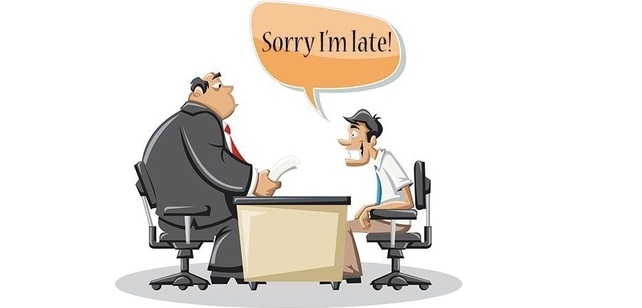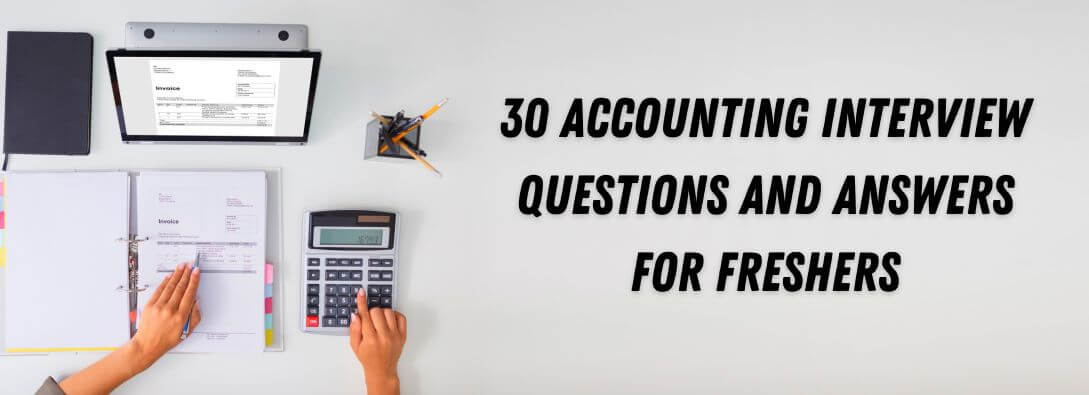
10 Interview Mistakes You Should Avoid at Any Cost
So, you are looking for a job? Surely you would not want to luck out during interviews and prepare every possible way to get the desired job. But are you prepared to nail that job interview by not committing the most common and biggest interview mistakes? After all, in today’s competitive job market, your loss is someone else’s gain. Therefore, you cannot afford to make any mistakes, knowingly or unknowingly.
Here are some of the common job interview mistakes that will take less than a minute to sabotage your efforts for grabbing a job offer. You should avoid these top 10 mistakes at any cost.
Also Read Avoid these Job Search Blunders
1. Aiming only to impress the employer
Being dishonest and nodding to everything the employer says just to impress him/her is a big interview blunder. Moreover, avoid using rehearsed answers as they simply drag you to the common list of other job seekers waiting for a single job opening. The idea is to be yourself and honest in answering the questions. Remember, hiring managers are experienced professionals who daily interview numerous candidates. Therefore, instead of making feeble attempts to earn the brownie points, try to be honest with your answers relating to skills, experience and career goals.
2. Badmouthing previous employer
“My last boss was a nerd! He never allowed me to work my way. I couldn’t wait to leave that job.” No employer appreciates an employee who cribs about his last organization and the boss. Badmouthing indicates that you want to move on from your last job only to get away with such ill feelings instead of finding better career opportunities. Hence, it is vital that you behave professionally and don’t let your interviewer think that you might also speak about his company once you’ll leave the job.
3. Showing lack of interest
Unable to show your interest and enthusiasm in answering the interview question is the first thing that a recruiter will take as a sign of inappropriate candidate. Some common signs of appearing uninterested include looking at your phone or time again and again, not maintaining eye contact, a bad posture and a low tone.
Your verbal as well as non-verbal communication (gestures and body language) speaks a thousand words about your personality. Hence, it’s imperative that you participate actively in the conversation, sit straight and maintain the right body language.
4. Being a bad listener
One of the worst mistakes you can ever make is bragging about your work, skills, experience and strengths in every possible answer without paying attention to what the interviewer has exactly questioned. Being a bad listener and talking too much becomes annoying and it reflects badly on your personality. Listening not only helps you to understand others point of view, but also increases your chances of answering the question appropriately and thoughtfully.
Also Read 30 Questions Recruiter Ask To Predict Your Behavior
5. Not knowing enough about the company/job
In today’s Internet age, not doing research about the company you are applying for leaves you half prepared for the job interview. Every employer expects the job applicant to have an idea about the company, its mission, culture, job role, products and services. Hence, knowing enough about the company is required for analyzing the job description and understanding how it aligns with your own career goal. After all, applying for any job that doesn’t fit in your interest area takes you to a doubtful career path. So, if you want to see yourself in the hot seat, do the plenty of research by visiting the company’s website.
6. Exhibiting overconfidence
Most of the employers ask oddball questions to gauge how the applicant can face the challenges. No matter how well prepared you are for the interview, overconfidence can be seen as arrogance, dominance and indifference. Saying that you have never experienced failures in life or you don’t have any weaknesses is never appreciated. Just like a lack of confidence can be showed up as a poor eye contact, fidgeting or nervousness, overconfidence is reflected in your tone, gestures, and verbal communication. The idea is not to inflate your expertise by making up answers even for things that you don’t know. If you really don’t have an answer for any question, do not make up any answers, rather admit it. No employer is looking for “Mr. Perfect” and it’s OK if you cannot answer a few questions. The employer simply wants to see how gracefully you can accept your failures!
7. Asking wrong questions at an inappropriate time
There is nothing more sabotaging for your interview than asking inappropriate questions at a wrong time. One of such questions is asking about salary, promotions, benefits, and vacations. Employers usually encourage interviewees to ask questions, but salary isn’t the first thing to ask him. Let the employer break the ice regarding compensation and other benefits. Bringing up the salary discussion at an early stage communicates that you are only interested in the numbers and not concerned about the specific job.
8. Failing to ask any questions
“Do you have any questions for us?” Interviewers mostly encourage job applicants to ask any questions at the end of the interview. This question creates a room for you to ask more about the company, culture, and even what an average day is like. The idea about asking this question is either to clear any doubts about the company or even to gauge how confident and focused the interviewee is about the job. However, keeping mum at this point of time makes you look disinterested, nervous or even dumb!
9. Poor body language
Like verbal communication, non-verbal communication that mainly includes body language plays an important role in job interviews. A poor body language, including twirling hair, tapping foot, poor eye contact, or a weak handshake are some of the weirdest things you can commit to turn off your interviewer. Hence, maintaining a right body language is crucial for winning half of the battle!
10. Failing to follow-up
Once an interview is over, the job seekers think about leaving the interview panel with a sigh of relief without keeping in mind the next logical step of following up! Instead of waiting for the job offer, following up with the interviewer by sending a ‘Thank You’ note in the next few days is vital to know what your chances of getting hired are.
Also Read How to Follow-Up after A Job Interview
While others might have made these mistakes time and time again, don’t be one of them! It is time to know and avoid such mistakes to impress your prospective employer.
Good luck!
Image - Denis Cristo/ShutterStock.com



